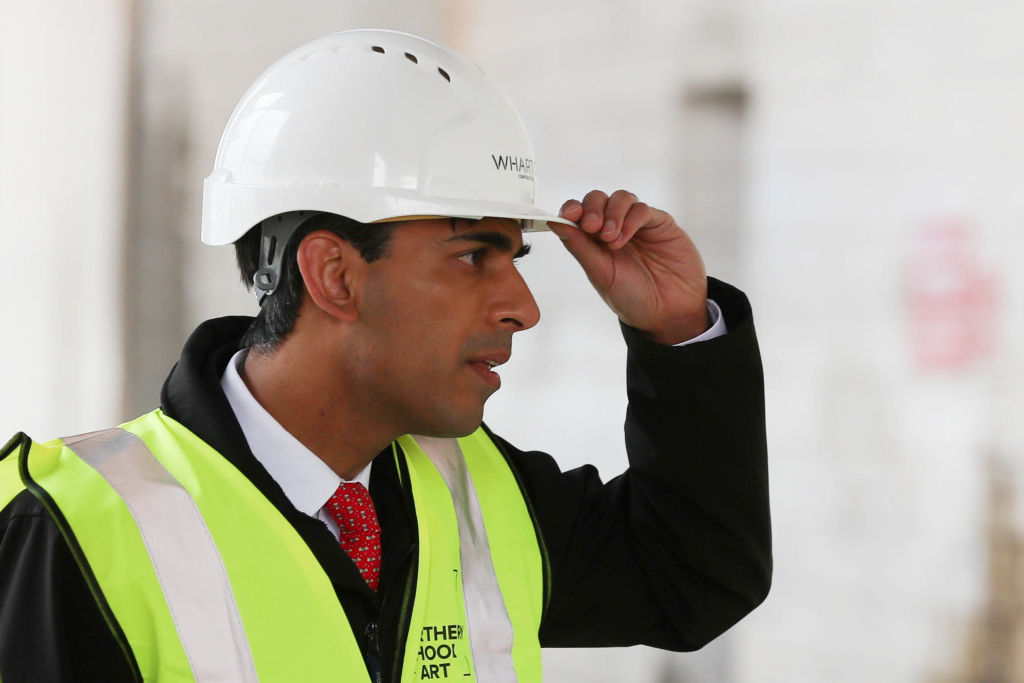Top down targets won’t resolve regional divides as inflation shrinks spending

Over the past year, politics has been incredibly uncertain and unpredictable. Both Rishi Sunak and Jeremy Hunt have committed to reviving the levelling up agenda, in a bid to prevent the ideology of the 2019 election falling by the wayside in the midst of fierce economic headwinds.
But to date, the successes of levelling up policy have been almost non-existent. Indeed, the way the funding has been allocated has actually accentuated regional divides in some cases. This only encourages the lopsided growth which persists across the country. The North East received just £4.9m whilst the South East received £9.2m in 2021-22. There are some areas in the South East which need levelling up; London has some of the highest levels of deprivation in the whole country. But the South East is also the most affluent area of the UK and historical imbalances in our economy have prevented many of those in the North East from catching up.
This is a question of raw politics as well. The Tories need to level up to maintain their hold on the red wall – providing voters with jobs, thriving high streets and homes to repay the votes they were lent at the last election. Labour need to promise a vision which actually delivers levelling up to regain those same constituencies. Yet for both parties, one of the challenges they face is that in truth many of us in the North have never fully understood exactly what what levelling up means. Neither have we grasped what successive Conservative governments have been trying to do.
The solution can’t involve just throwing money at the problem. With public spending pressures and existing funding being devalued by inflation the government might as well give up the ghost and change tack. Typical measures such as building bridges and railways are important but fundamentally the government should focus its efforts on helping local businesses get on with what they have already been doing; creating growth.
When local businesses are thriving they don’t just provide jobs to local people and a boost to the local economy, they give back to their communities. These local businesses are often just as effective, if not more, than the government at knowing where support should be targeted. Not only do they have a more direct stake in the success of their local communities than central government ever can, but they know their areas and the people that need help most.
There are many of us in the private sector who take this seriously. True Potential for example has set up the Harrison Centre for Social Mobility to help thousands of unemployed or young people gain confidence and qualifications to secure good jobs in the local area. Partnerships with Sunderland and Newcastle United Football Clubs have been essential to working with the communities who need it most.
Many previous attempts, including those under Tony Blair, have been top-down plans.
Instead, the best way for the government to create more equality in the North is to empower local leaders and businesses, restore public services and restore a sense of community in deprived areas. The appointment of Onward founder Will Tanner, who has advocated for bottom up policies, to Downing Street is a hopeful sign such an approach will get a hearing.
Whether politics settles down in the coming months or years is uncertain and there are undoubtedly tough economic times ahead. If the government has less to spend, it needs to focus on other ways of helping businesses help their communities. This might be reducing regulation, targeted tax breaks, or simply providing some much needed policy clarity. It’s time that the government had a conversation with business and empower us to get on with what we’ve always been best at; levelling up.